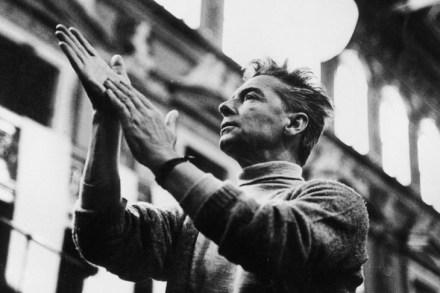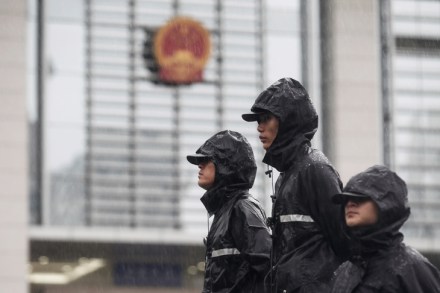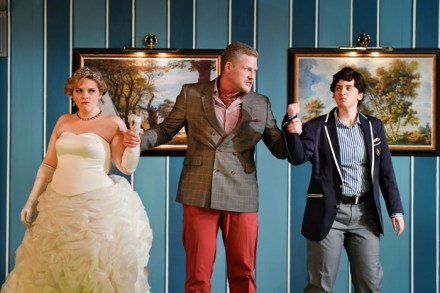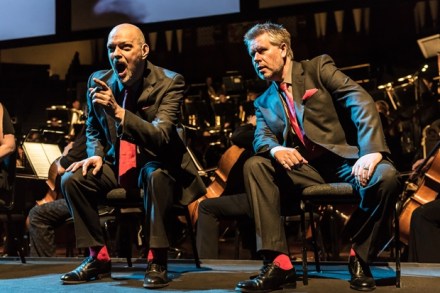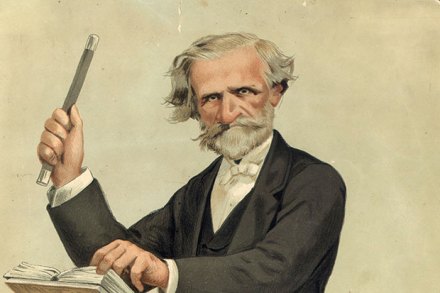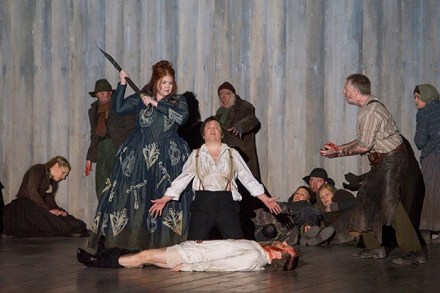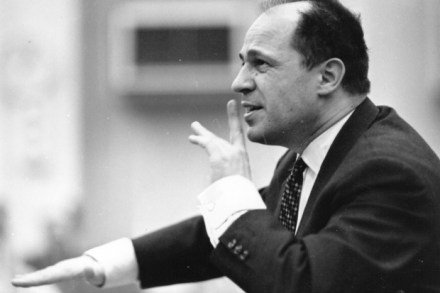A familiar Ring
Herbert von Karajan established the Easter Festival in Salzburg 50 years ago with a production of Die Walküre that is now considered legendary. In the sense that legends are rooted in memory, and mythological in substance, that much is true. Which is not to damn it with faint praise. This revival, staged by Vera Nemirova, was an old-fashioned representation of Wagner and many Wagnerians, having endured too many modern presentations of the Master, who has suffered more than any other composer from the curse of Regietheater, would say that that is No Bad Thing. A giant ash tree, in whose hollowed-out trunk reside Hunding and Sieglinde, was the single, simple
